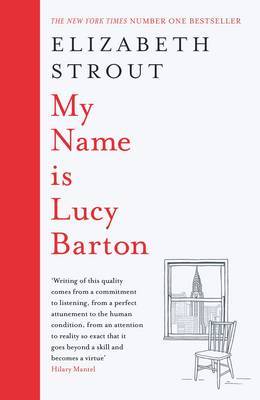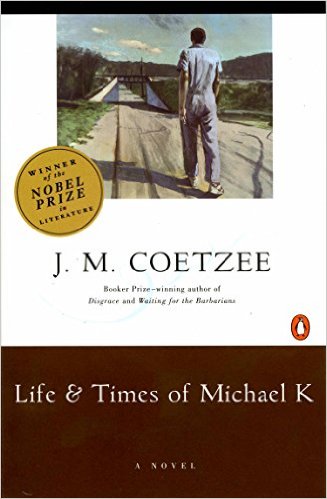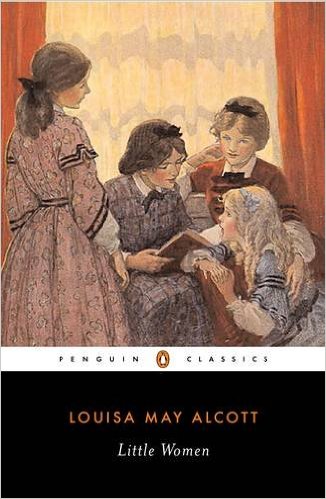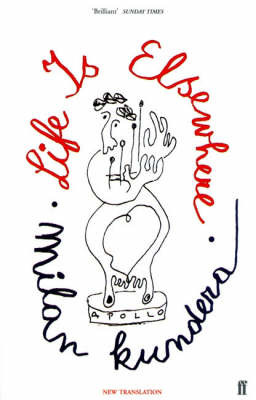As we approach Mother’s Day in several countries, we’ve been thinking about great mothers (good, bad and unforgettable) in literature. Here are ten, in no particular order, that stay with us.
A Confederacy of Dunces by John Kennedy Toole: Mrs. Reilly
The best dysfunctional mother in twentieth-century literature, Mrs. Reilly’s first appearance in the novel finds her pressed against a case of macaroons, examining her hands, “chafed from many years of scrubbing her son’s mammoth, yellowed drawers.” Though he’s thirty years old, Ignatius lives off his ailing mother, spending his days eating cakes and scribbling in notebooks, when he’s not being harassed by (and harassing) police and every other person he encounters.
My Name is Lucy Barton by Elizabeth Strout
Lucy Barton hasn’t seen or spoken to her mother for years. But when she’s hospital-bound with complications from a routine operation, they are briefly reunited. Through gossip about Lucy’s hometown and the skirting of family secrets, they seek a connection though they both find direct communication painful. Her mother proves herself fiercely devoted, even though some breaches cannot be mended.
The Time of the Doves by Mercè Rodoreda: Natalia
With Spain ravaged by civil war and her husband away fighting, Natalia cannot feed her children. She takes her son to a camp with the hope that he won’t starve. Though he cries, she pushes him away. Later, when she’s able to take him back: “He’d swelled up and gotten chubby, with round cheeks and bony legs, roasted by the sun, his head shaved and covered with scabs, and with a big infected lump on his neck. … If we had to die we’d die together.”
Little Women by Louisa May Alcott: Mrs. March, Marmee
Forever-toiling Marmee keeps the family united while Father is off pastoring to soldiers during the Civil War. “She wasn’t a particularly handsome person, but mothers are always lovely to their children, and the girls thought the gray cloak and unfashionable bonnet covered the most splendid woman in the world.”
The Life and Times of Michael K by J. M. Coetzee: Anna K
Anna feels repulsed from the moment of her child’s birth: “She shivered to think of what had been growing in her all these months.” As an adult, Michael K finds his mother’s swollen legs disconcerting. Bound together in their misery and in search of a better life (and perhaps a better death for his mother), he tries to take her back to her rural home in a wheelbarrow.
Lucky Us by Amy Bloom: Eleanor Logan
Amy Bloom captures the narrator’s mother in her concise, biting opening sentences: “My father’s wife died. My mother said we should drive down to his place and see what might be in it for us.”
Pride and Prejudice by Jane Austen: Mrs. Bennet
The iconic social-climber mother bent on marrying her daughters into grand homes, no matter how imperfect the match.
Lolita by Vladimir Nabokov: Charlotte Haze
Charlotte Haze won’t admit what she sees forming between her boarder-turned-husband, Humbert Humbert, and her little daughter. Instead of protecting her against his advances, Charlotte views Lo as a rival. She won’t give Humbert up to protect her daughter.
Tender is the Night by F. Scott Fitzgerald
The young actress Rosemary Hoyt needs protection from married men and demanding directors. Her mother remains conveniently nearby but uninvolved. Rosemary can’t see the neglect: “One day I happened to have the grippe and didn’t know it, and they were taking a scene where I dove into a canal in Venice. It was a very expensive set, so I had to dive and dive and dive all morning. Mother had a doctor right there, but it was no use—I got pneumonia.” (While we’re talking about Fitzgerald, let’s remember Daisy from The Great Gatsby. The ultimate absent mother, Daisy trots out her perfectly dressed daughter only to curtsy before guests. When Pammy is born, Daisy says: “I’m glad it’s a girl. And I hope she’ll be a fool—that’s the best thing a girl can be in this world, a beautiful little fool.”)
Family Happiness by Laurie Colwin: Wendy Solo-Miller
A devoted, proud mother, Wendy can’t seem to say what she means or listen to what anyone says. She tells her daughter that she must banish the dog because the beast bothers her husband (it doesn’t) and to pick up some peasant bread for breakfast when she really wants a pain au chocolat. Wendy, even more so, wants her grandchildren to look the part: “Modern life! … I just don’t understand it. Everyone wants to look like everyone else. This notion of being casual. No sense of decorum or occasion.”
Here’s a bonus. One of our favorite opening sentences of a novel that details the origin of a life, of the moment a woman becomes a mother:
“When the poet’s mother wondered where the poet had been conceived, there were only three possibilities to consider: a park bench one night, the apartment of a friend of the poet’s father one afternoon, a romantic spot outside Prague late one morning.”
—Life is Elsewhere, Milan Kundera










